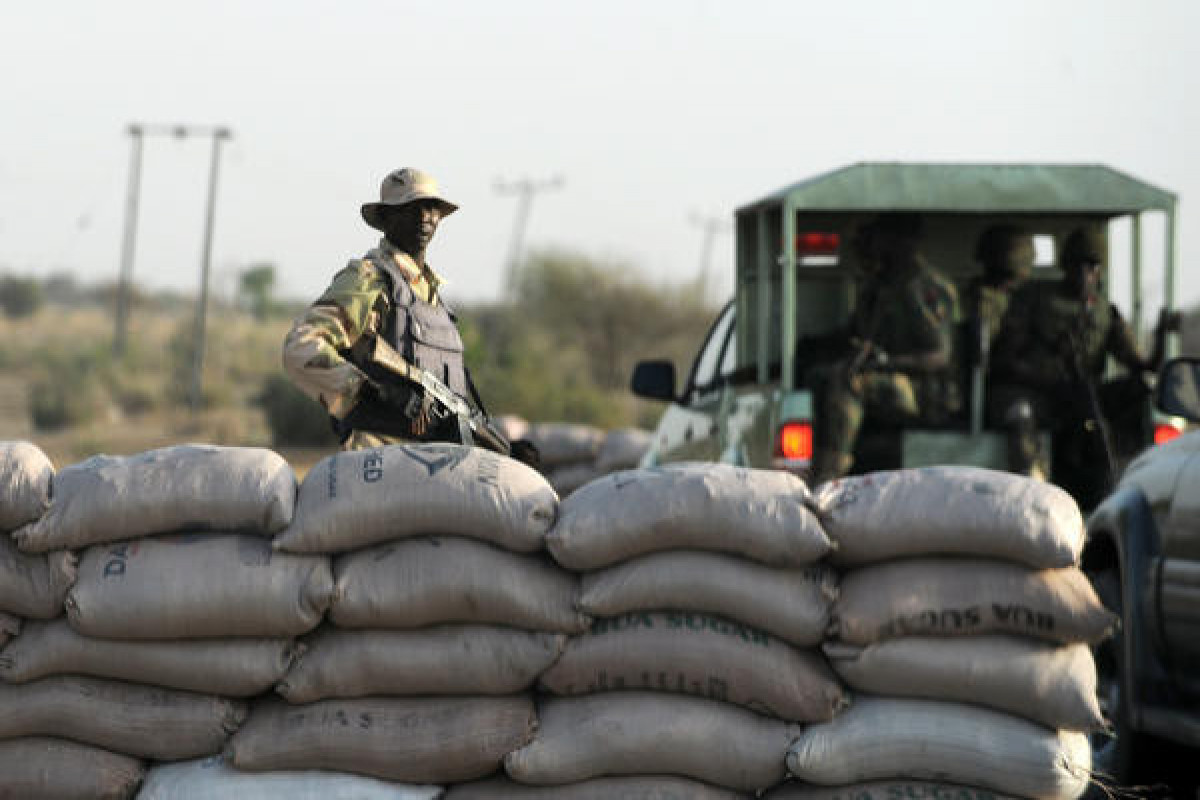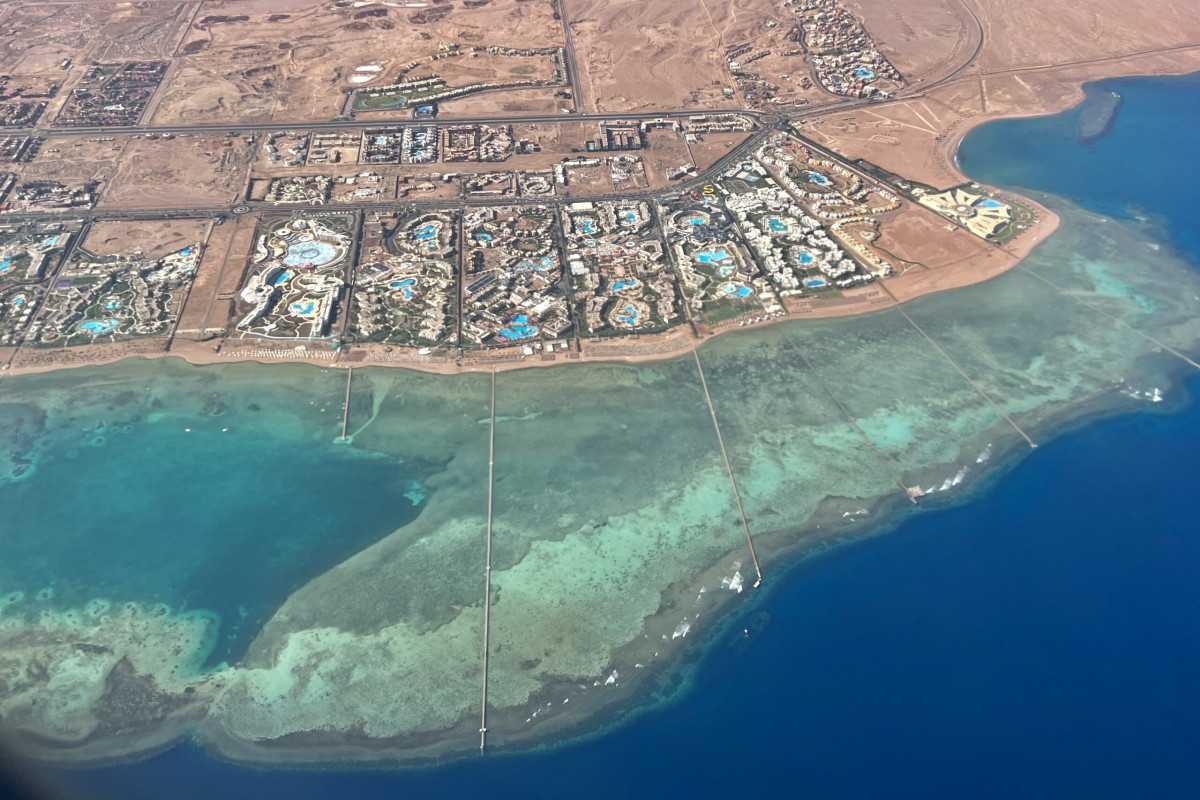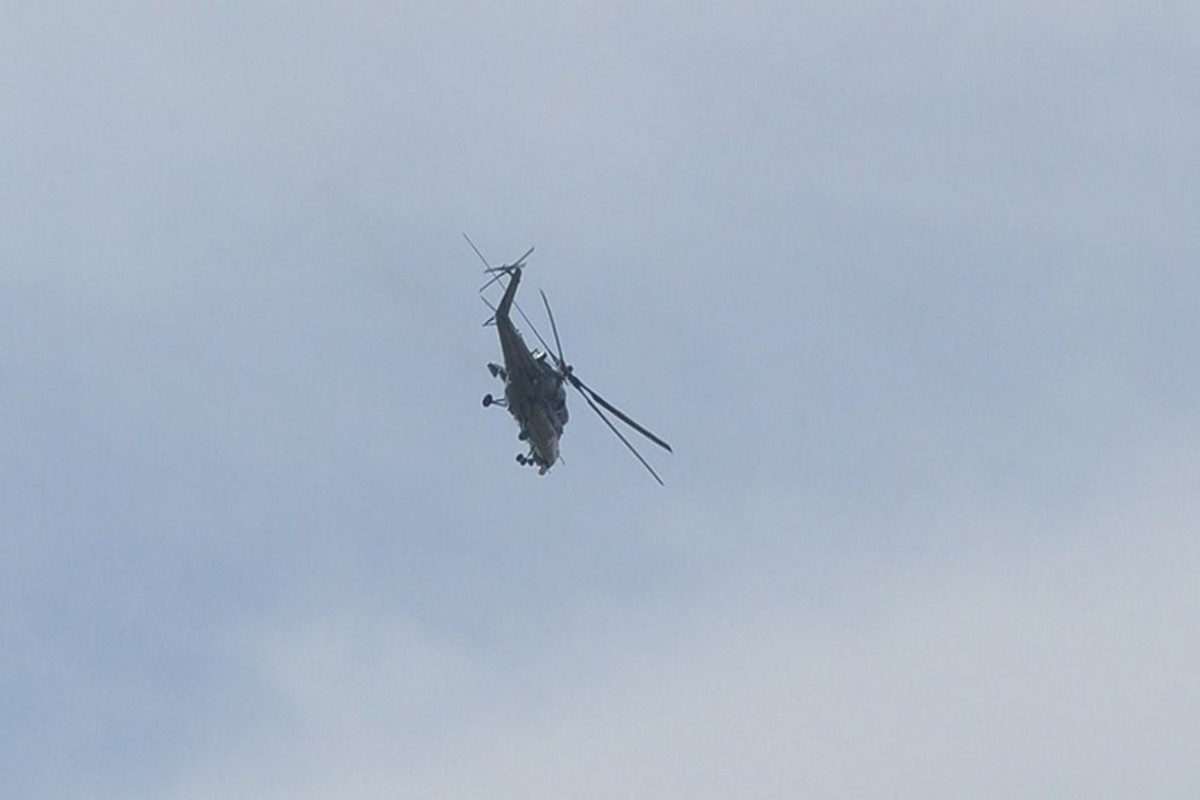A forest of slender white poles topped with dark, unblinking eyes is quietly sprouting on the rubbish-strewn, potholed street corners of the Ugandan capital, APA reports citing Reuters.
Police say the new $126 million closed-circuit television camera (CCTV) system, supplied by Chinese telecommunications giant Huawei Technologies Co Ltd, will slash spiraling violent crime.
Opposition leaders say law enforcement agencies are too corrupt and overburdened to use the footage to identify criminals. They worry police may use the cameras, which have facial recognition technology, to target demonstrators in violent clampdowns as an election approaches in 2021.
“The CCTV project is just a tool to track us, hunt us and persecute us,” said Ingrid Turinawe, a leader in the Forum for Democratic Change, Uganda’s largest opposition party.
Facial recognition technology has become increasingly pervasive around the world, raising concerns about potential abuses. Officials in San Francisco voted in May to ban its use by city personnel.
Huawei technicians have already helped intelligence officials in Uganda and at least one other African country spy on their political opponents, according to an investigation published by the Wall Street Journal on Wednesday.
In Uganda, they helped crack the encrypted communications of popular musician turned politician Bobi Wine; police swarmed a concert that would have featured surprise opposition speakers and arrested him and dozens of supporters, the paper said.
In Zambia, Huawei employees helped the government access the phones and Facebook pages of bloggers critical of the president so they could be tracked and arrested, the paper reported.
Huawei rejected the Journal’s “unfounded and inaccurate allegations”, telling Reuters in an email: “Huawei’s code of business conduct prohibits any employees from undertaking any activities that would compromise the data or privacy of our customers or end users, or that would breach any laws.”
Uganda’s cameras are part of Huawei’s Safe City initiative, which has been rolled out in more than 200 cities worldwide, including in China, Pakistan and Russia.
In Africa, Huawei has sold CCTV systems to countries such as Kenya, Egypt and Zambia where activists have raised similar concerns over privacy and effectiveness. In Europe, France, Germany and Serbia have small projects with Huawei’s initiative.
The U.S. government has restricted trade with Huawei and four other Chinese firms, accusing them of espionage and stealing intellectual property. It is also lobbying to persuade U.S. allies to keep Huawei out of next-generation 5G telecommunications infrastructure, citing concerns the company could spy on customers.
Huawei has repeatedly denied it is controlled by the Chinese government, military or intelligence services.







